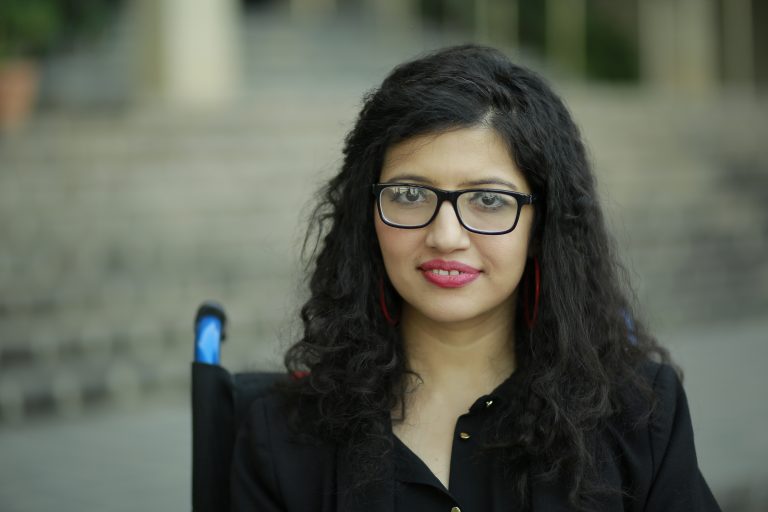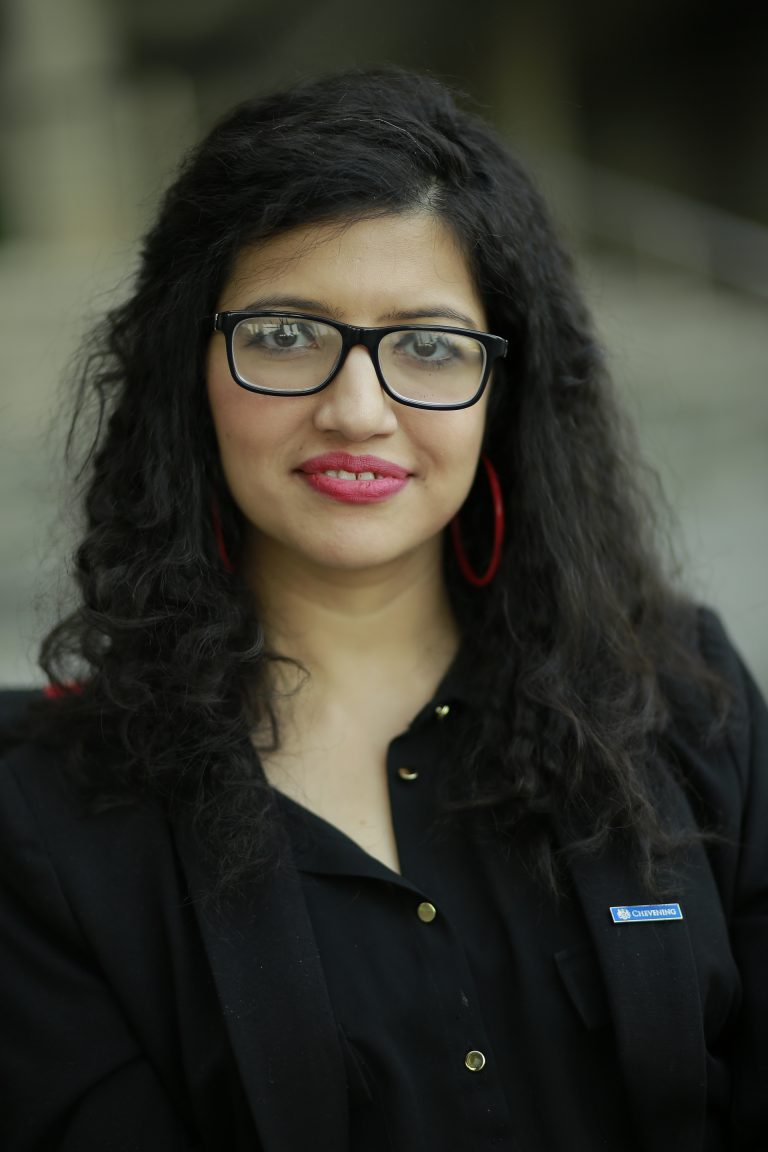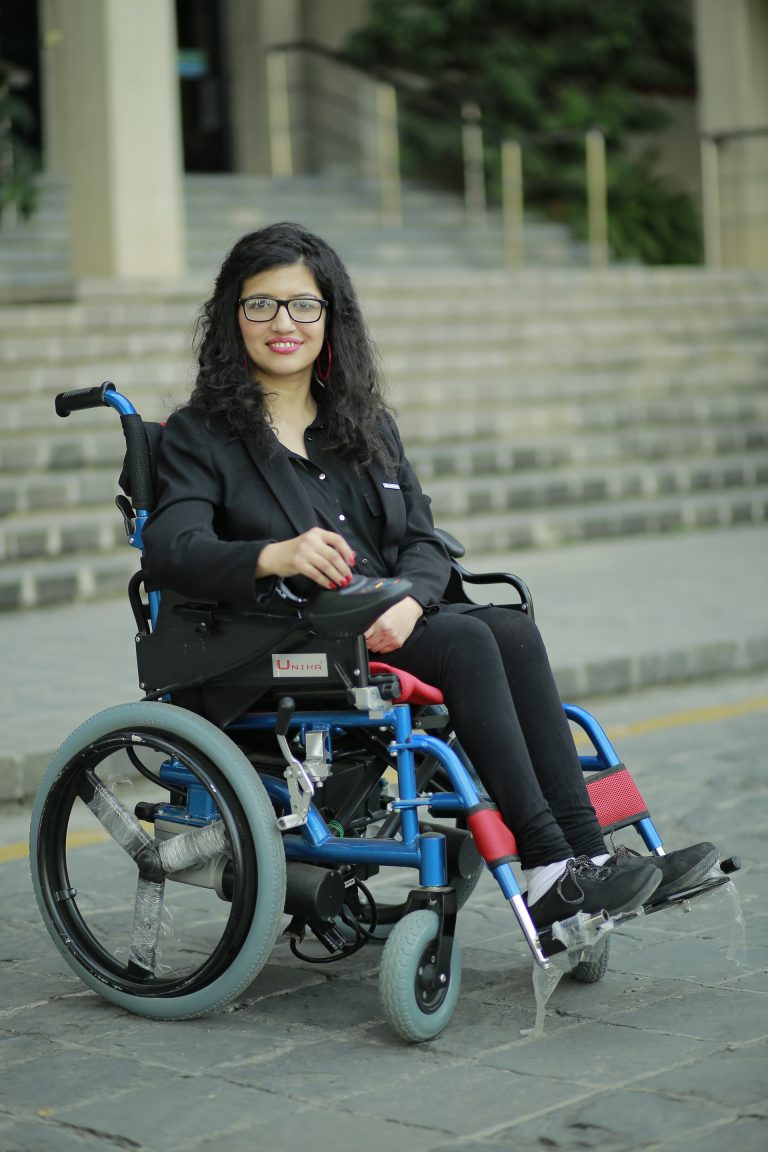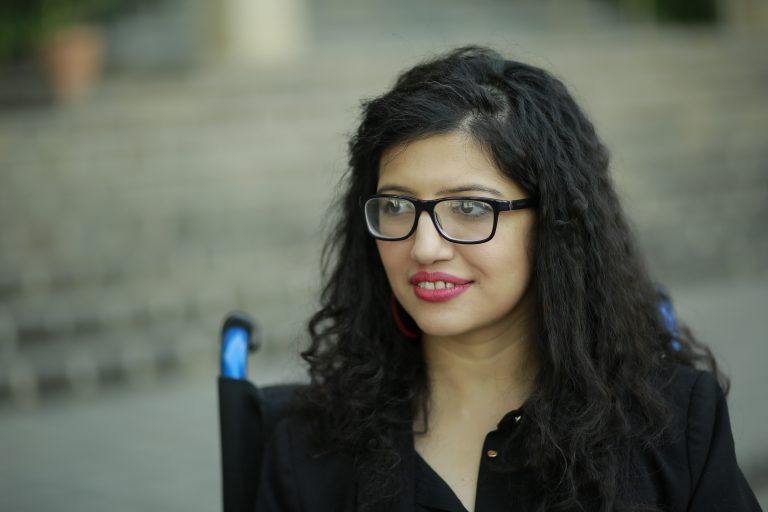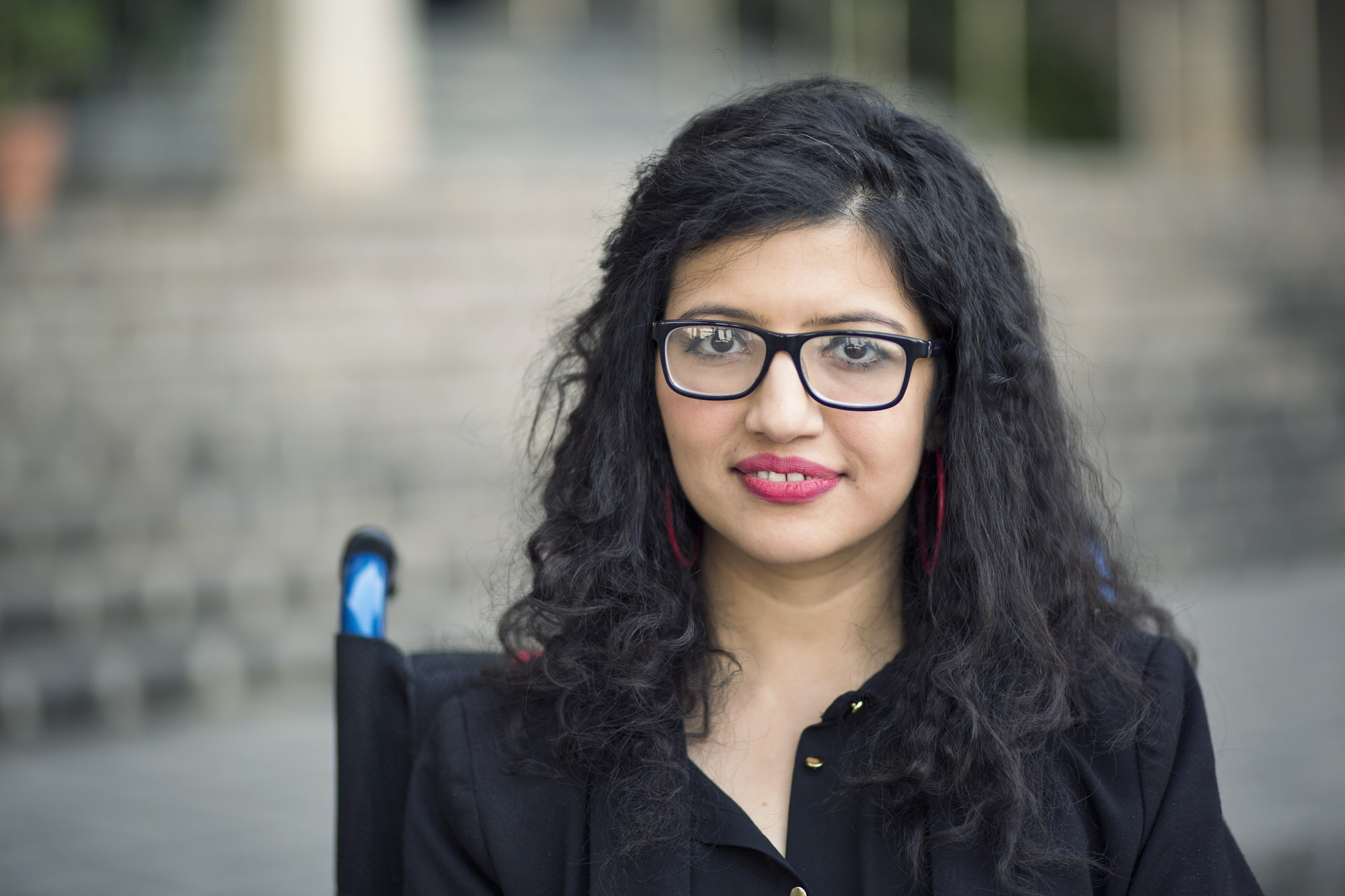
Abia Akram
💼 Chairperson, National Forum of Women with Disabilities (Pakistan); Director Projects, STEP (Special Talent Exchange Program)
🎓 MA Gender and International Development, University of Warwick (2011)
As the first woman with a disability from Pakistan to get the Chevening Scholarship, it has given me a real confidence to work in the field.
Abia has been instrumental in leading the disability youth and women’s movement in Pakistan, and the Asia-Pacific region more widely.
She holds several leadership positions, including coordinator and founding member of the Special Talent Exchange Program (STEP), the Asia Pacific Women with Disabilities United (APWWDU), and chairs the UNICEF Global Partnership for Children with Disabilities (GPCwD) Youth Council. She has used her training and experiences abroad to strengthen advocacy initiatives towards promoting the implementation of the UN Convention on the Rights of Persons with Disabilities, and has also served as a disability advisor on Community-based Rehabilitation (CBR) projects.
After the massive floods in Pakistan, Abia worked as Liaison and Capacity Building Advisor, supporting the mainstreaming of disability in the humanitarian responses of NGOs. As coordinator of the Ageing and Disability Task Force, she was instrumental in promoting disability inclusiveness in all the UN Humanitarian Emergency Responses in Pakistan.
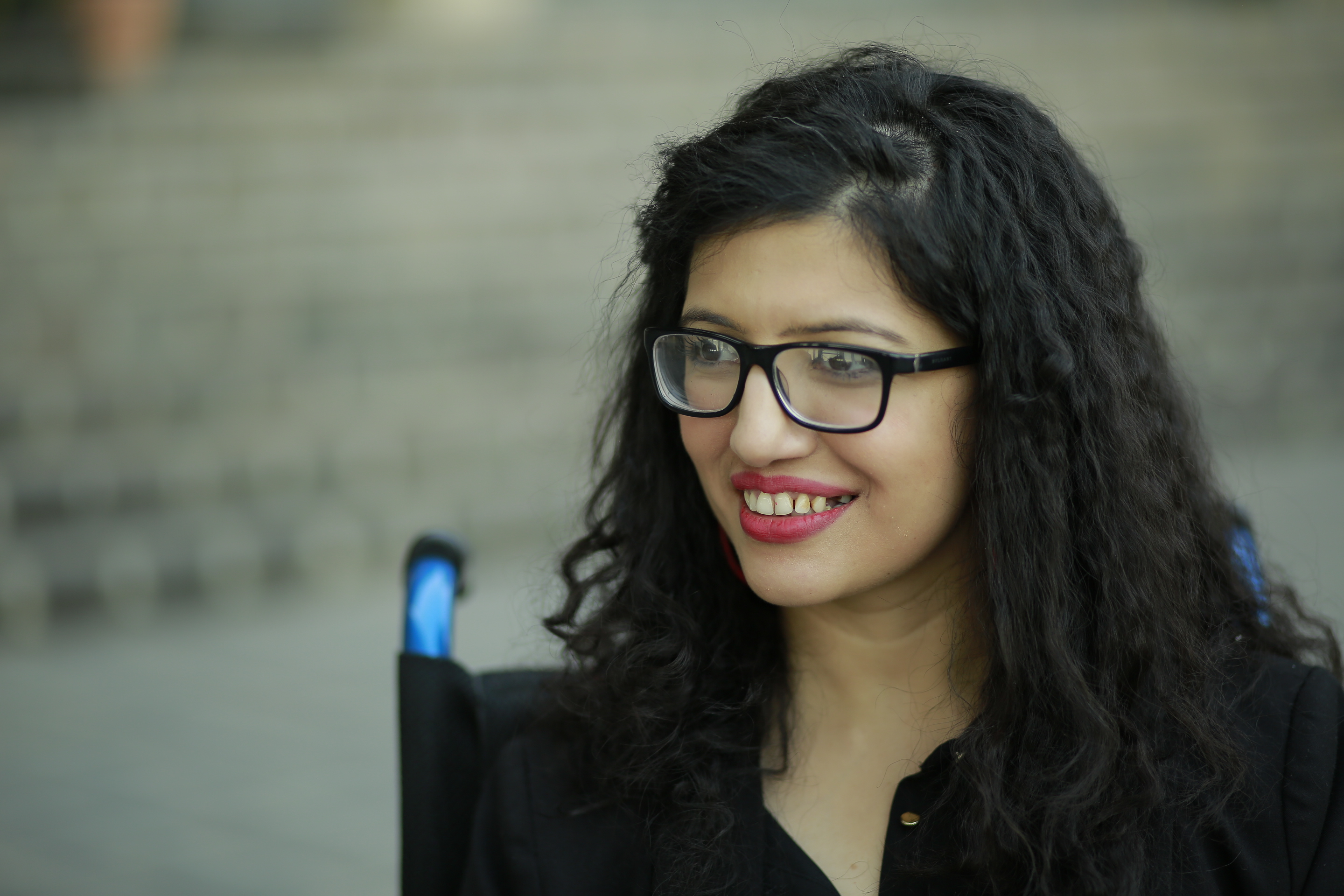
What is the most important thing you learned during your experience?
Although I was already well-connected within the disability movement, the academic perspective has completely changed my mind set. I learned how to connect the grassroots-level work into international development and how we can incorporate the rights of women and girls with disability into the human rights perspective. I have completely changed my vision from the disability movement to the gender movement; including women with disabilities in mainstream society.
How do you feel your Chevening experience has influenced where you are now?
As the first woman with a disability from Pakistan to get the Chevening Scholarship, it has given me a real confidence to work in the field. Ten to fifteen percent of the total population of persons with disabilities are still not accessing basic services and rights. Chevening has helped to develop my complete vision and commitment to the cause. I am still doing work on the grassroots and national level, but now I’m also working on the international level, influencing policies, legislation, and mainstreaming of the huge number of persons with disabilities in the community.
What message/advice would you share with the next generation of Chevening Scholars?
I would say that this prestigious scholarship is a great opportunity for all of us to learn, share our own experiences. Very few people get this opportunity and, above all else, it is for our country; the change we can bring to our society. It’s not only about us, our education, or our career—it’s about the society we belong to and what we can contribute to the lives of other people.
Follow Abia on Twitter

